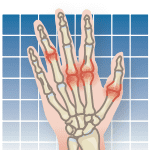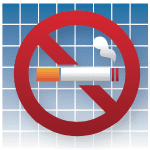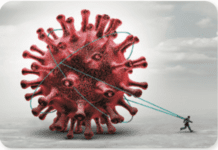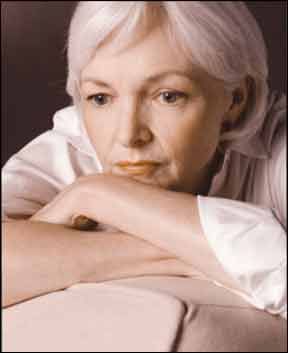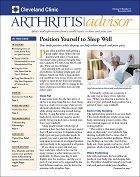Rheumatoid arthritis (RA) and depression are different conditions that require different kinds of treatment, but the two are undeniably connected. The Centers for Disease Control estimates that as many as 40 percent of people with chronic pain experience depression-and RA produces chronic pain. In spite of this statistic, both chronic pain caused by RA and the depression associated with it can be managed. The focus here is how to cope with depression-on your own and with professional help. The first step in dealing with depression is to recognize its symptoms. As few as 10 percent of people with depression are accurately identified and properly treated. Depression is often associated with changes in sleep, energy, appetite, and other physical and mental changes, says Judith Scheman, PhD, Director of Psychology at Cleveland Clinics Neurological Center for Pain. Some medications can also have mood-changing side effects.
To continue reading this article or issue you must be a paid subscriber.
Sign in




